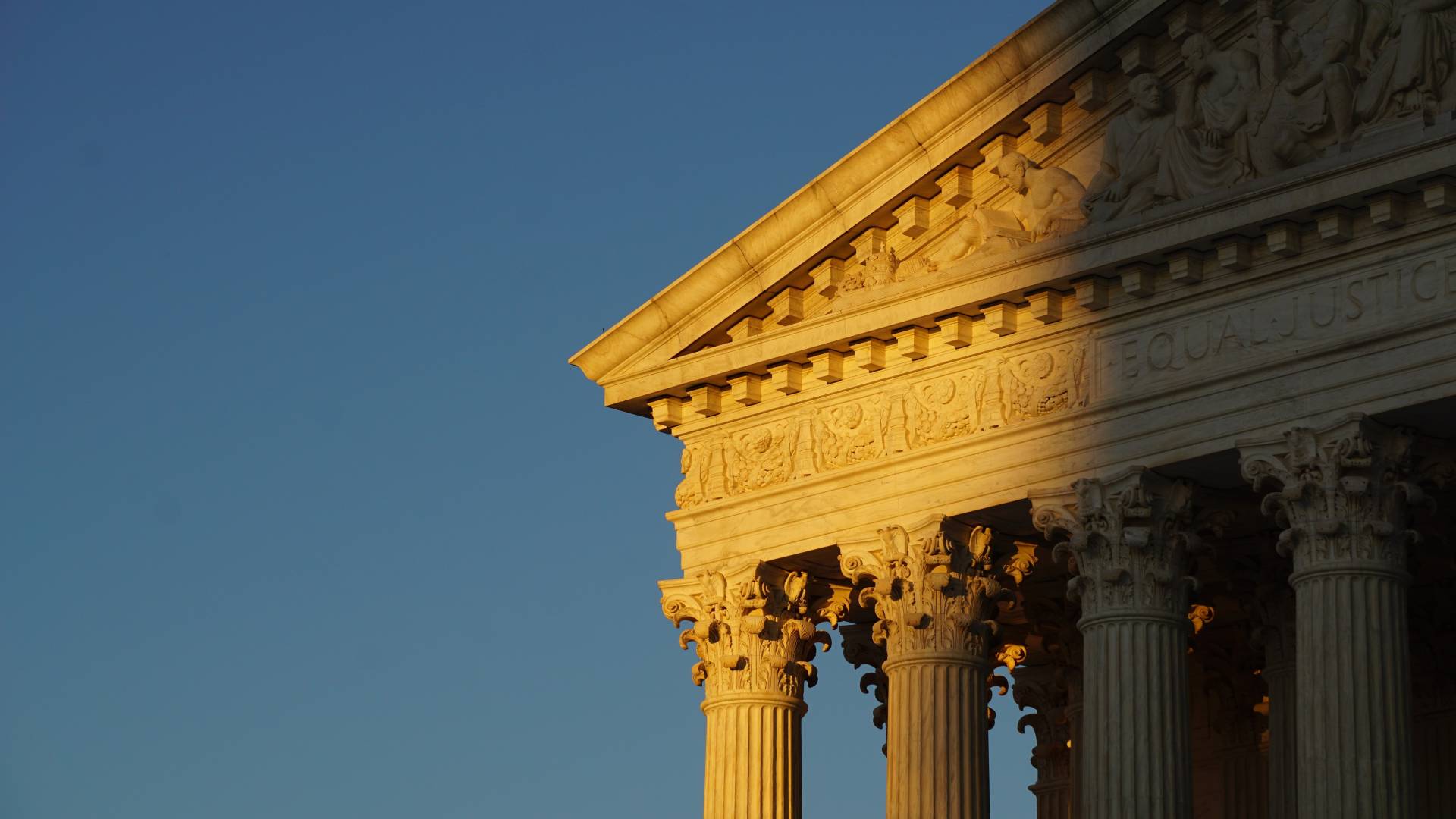The Supreme Court tax case currently under review has the potential to bring about significant changes to federal policies. Experts are closely monitoring the case, as its outcome could have far-reaching implications for businesses, individuals, and the overall economy. In this article, we will delve into the details of the case, explore the arguments presented by both sides, and discuss the potential effects on federal policies.
Background of the Case
The Supreme Court tax case centers around a dispute regarding the constitutionality of a specific tax regulation. The regulation in question has been in place for several years and has been the subject of ongoing debate. The case reached the Supreme Court after lower courts issued conflicting rulings, highlighting the need for a definitive decision.
Arguments Presented
The case has drawn attention from legal experts and policymakers due to the differing arguments presented by the parties involved. On one side, proponents of the tax regulation argue that it is necessary to ensure fairness and equity in the tax system. They assert that the regulation helps to redistribute wealth and promote economic stability.
On the other side, opponents of the tax regulation argue that it is an overreach of government power and violates constitutional rights. They contend that the regulation stifles economic growth and discourages investment and innovation. These opponents argue for a more limited role of the federal government in taxation.
Potential Effects on Federal Policies
If the Supreme Court upholds the tax regulation, it could set a precedent for similar regulations in the future. This could lead to an expansion of the federal government’s authority in taxation and potentially impact various sectors of the economy. Businesses may need to adjust their operations and financial strategies to comply with the new regulations, which could have both positive and negative effects on their bottom line.
Conversely, if the Supreme Court strikes down the tax regulation, it could limit the government’s ability to implement similar policies in the future. This may result in a more decentralized approach to taxation, with states and local governments having greater control over tax policies. Businesses would need to navigate a patchwork of different regulations across jurisdictions, potentially creating complexity and inconsistency.
Implications for Businesses
The outcome of the Supreme Court tax case will undoubtedly have implications for businesses of all sizes. Small and medium-sized enterprises (SMEs) may face particular challenges in adapting to any changes in federal tax policies. It is crucial for businesses to stay informed about the developments in the case and consult with legal and financial advisors to assess the potential impact on their operations.
See first source: CNBC
FAQ
Q1: What is the Supreme Court tax case about?
A1: The Supreme Court tax case centers around the constitutionality of a specific tax regulation that has been in place for years. Lower courts have issued conflicting rulings on this regulation, prompting the need for a definitive decision by the Supreme Court.
Q2: What are the arguments presented by the parties involved in the case?
A2: Proponents of the tax regulation argue that it is necessary for fairness, equity, wealth redistribution, and economic stability. Opponents argue that it is a government overreach, violating constitutional rights, stifling economic growth, and discouraging investment and innovation.
Q3: What potential effects on federal policies are associated with the outcome of this case?
A3: If the Supreme Court upholds the tax regulation, it may set a precedent for similar regulations in the future, expanding the federal government’s authority in taxation. Conversely, if the Court strikes down the regulation, it could limit the government’s ability to implement such policies, potentially leading to a more decentralized approach to taxation.
Q4: How might the case impact businesses?
A4: The outcome of the case will have implications for businesses of all sizes. Small and medium-sized enterprises (SMEs) may face specific challenges in adapting to changes in federal tax policies. Businesses should stay informed about developments in the case and consult legal and financial advisors to assess the potential impact on their operations.
Featured Image Credit: Ian Hutchinson; Unsplash – Thank you!

